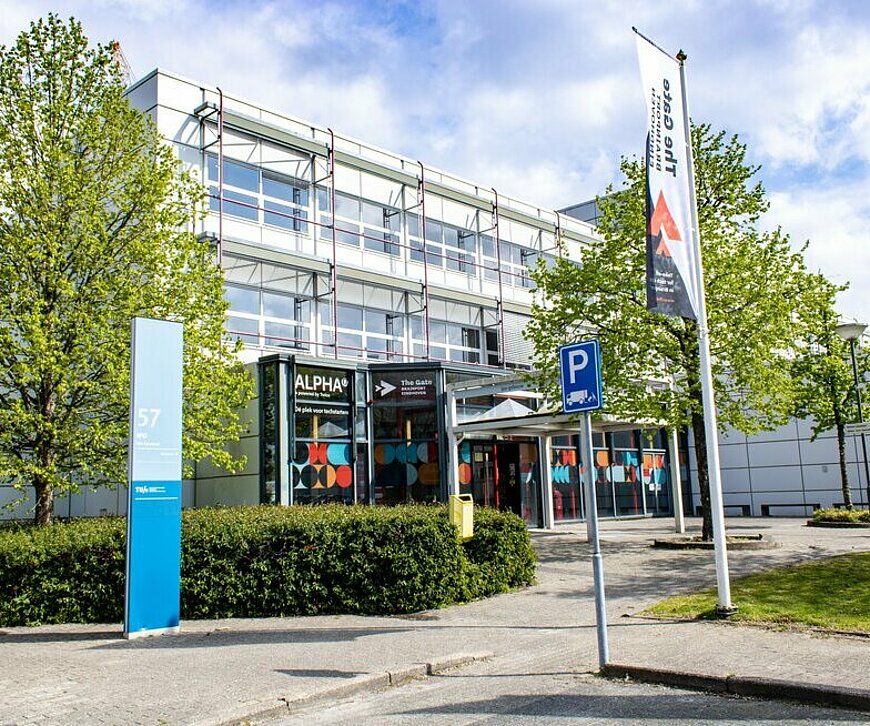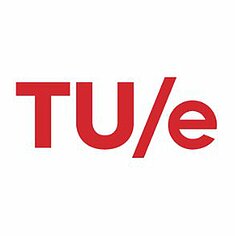Structural stimulus for valorization at TU/e

With the two million euros in the Revolving Valorization Fund, TU/e is investing in initiatives that will benefit the university's valorization ecosystem.
The Revolving Valorization Fund (RVF) was created by the TU/e Executive Board to provide a structural stimulus for valorization activities at the university. Valorization is the securing of economic and social added value. It is the third statutory core task of a university, in addition to education and research. Two million euros have been made available in the fund. Projects and initiatives from the university community that contribute to TU/e's structural ability to create value for society can apply for support from the new fund for up to EUR 350,000 per initiative.
The fund kicks off with a cash pool of two million euros, money that comes from TU/e Participations, the holding company in which the university places its shares in TU/e spin-offs, startups, and patents (intellectual property or IP). TU/e Participations thus receives income, but it is difficult to predict when money will come in.
"From the Executive Board, there was a desire to structurally stimulate impact and valorization within the TU/e community. Especially to support the good ideas and initiatives of scientists, employees, and students in this area," explains Sjoerd Romme. Romme is ambassador for entrepreneurship at TU/e, in addition to being Professor of Entrepreneurship & Innovation and former dean of the IE&IS department.
He continues: "Therefore, with this new fund, we want these funds to flow back into the valorization ecosystem at TU/e. The fund aims to start generating new ideas and projects that increase the impact of the university. In this way, we can work structurally on creating social added value. After all, as a university, that is one of our core tasks besides research and education."
Impact of TU/e
By stimulating, in particular, cross-pollination between projects within the university and with external parties, the initiators of the new fund expect to increase the impact of the TU/e. Cooperation with The Gate is one of the conditions for funding from the new fund, as well as a link to the TU/e strategy 2030. Initiators can therefore approach The Gate for help with their application for the RVF. Both TU/e employees and students can submit their proposals.
In addition, the RVF also focuses exclusively on initiatives that do not qualify for other funding. Romme: "With this, we want to prevent very valuable initiatives that can strengthen our valorization ecosystem from getting stranded simply because they do not qualify for funding from existing funds or providers."
Examples of initiatives that could be considered for RVF support include:
- Proposals that improve or expand existing policy frameworks, facilities, or conditions for entrepreneurship at TU/e. Consider, for example, improvements to our IP policy or the Entrepreneur-in-Residence program.
- Proposals that develop new theme-specific incubation programs. Think of a new program like the annual competition SensUs. But, then with a focus on different technology and at least the first two years exclusively for TU/e students.
- Proposals from TU/e startups developing a product that allows TU/e students to develop their own new applications. Consider, for example, the first prototype of the FruitPunch AI platform at the time.
The fund has two rounds of calls for proposals each year, with the next closing dates on November 30, 2023, and May 31, 2024. "This fall we will have our first call-for-proposals and we hope for many enthusiastic applications," Romme concludes.

